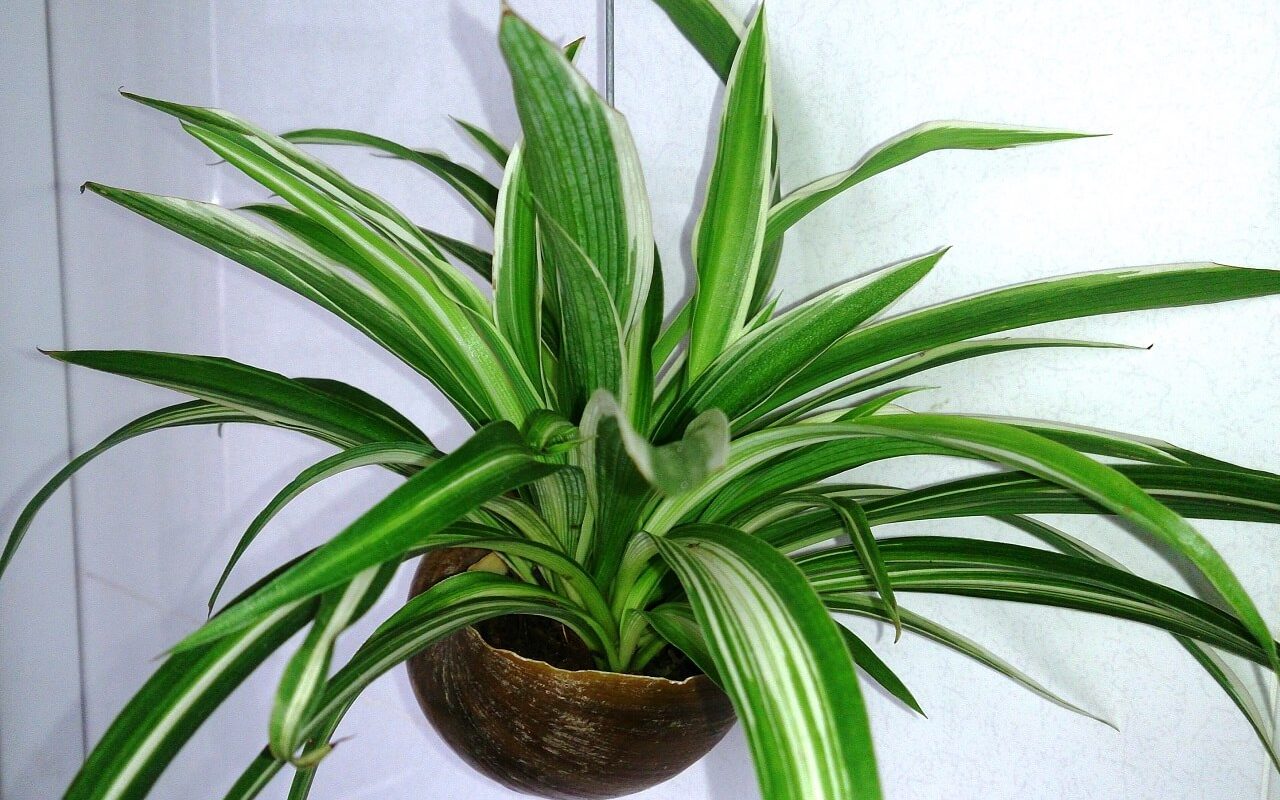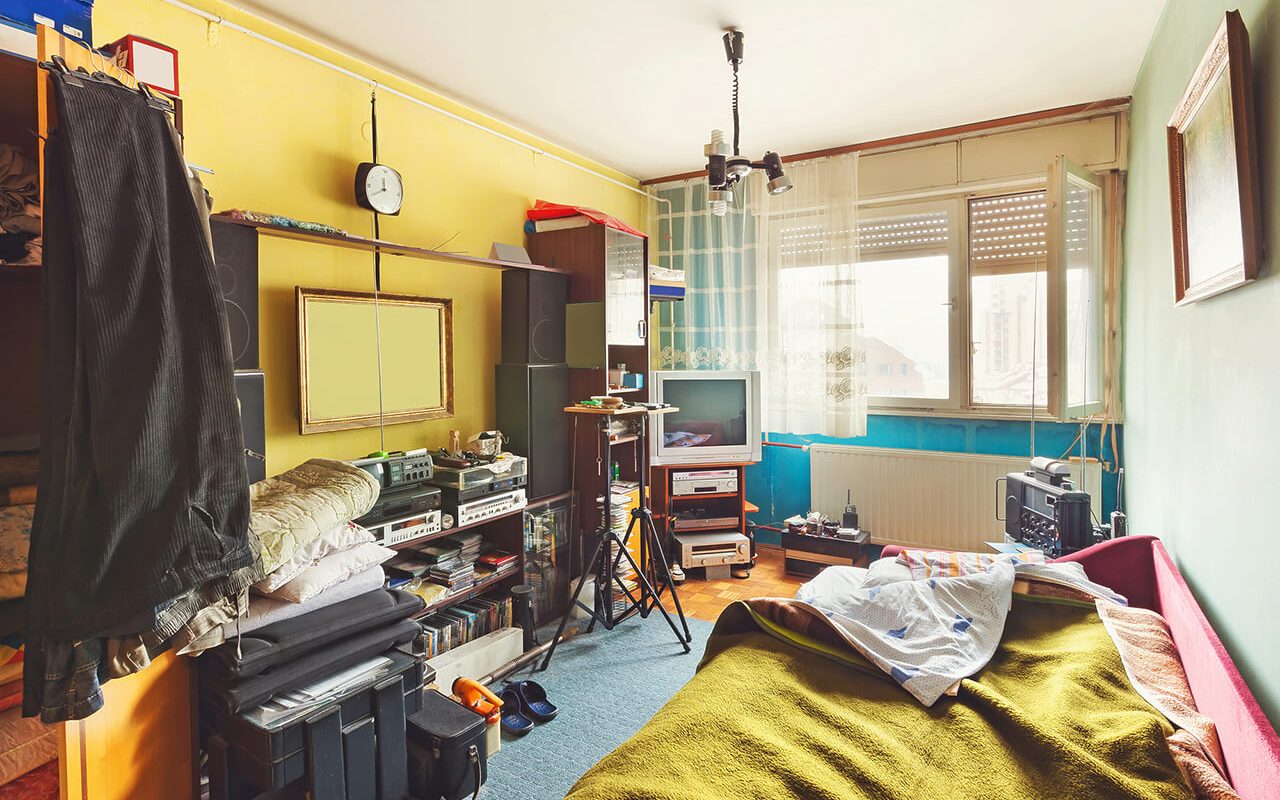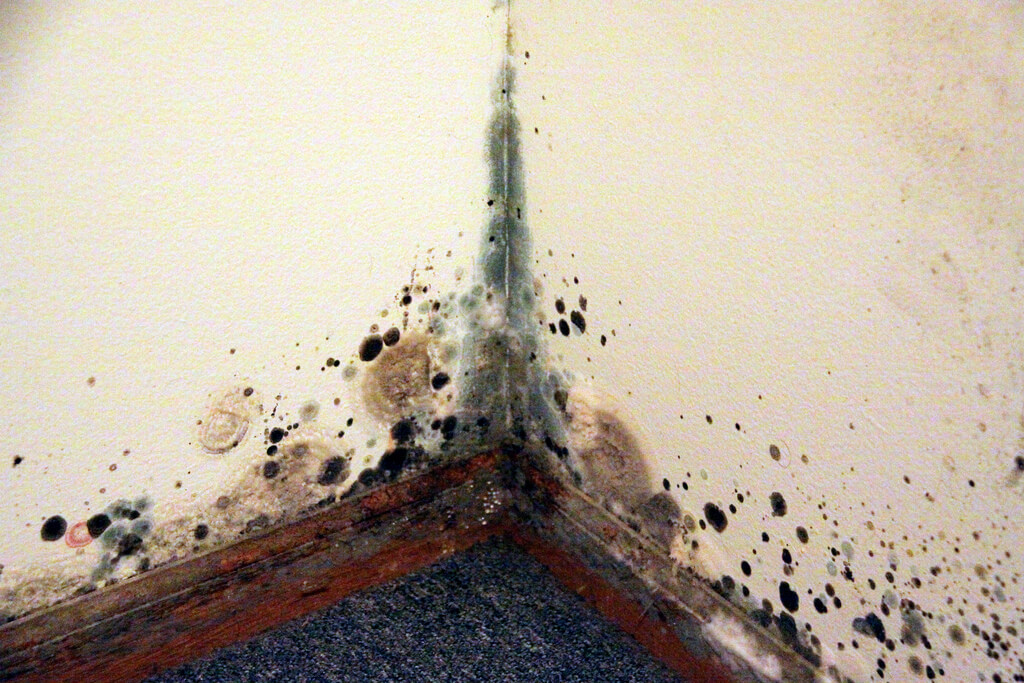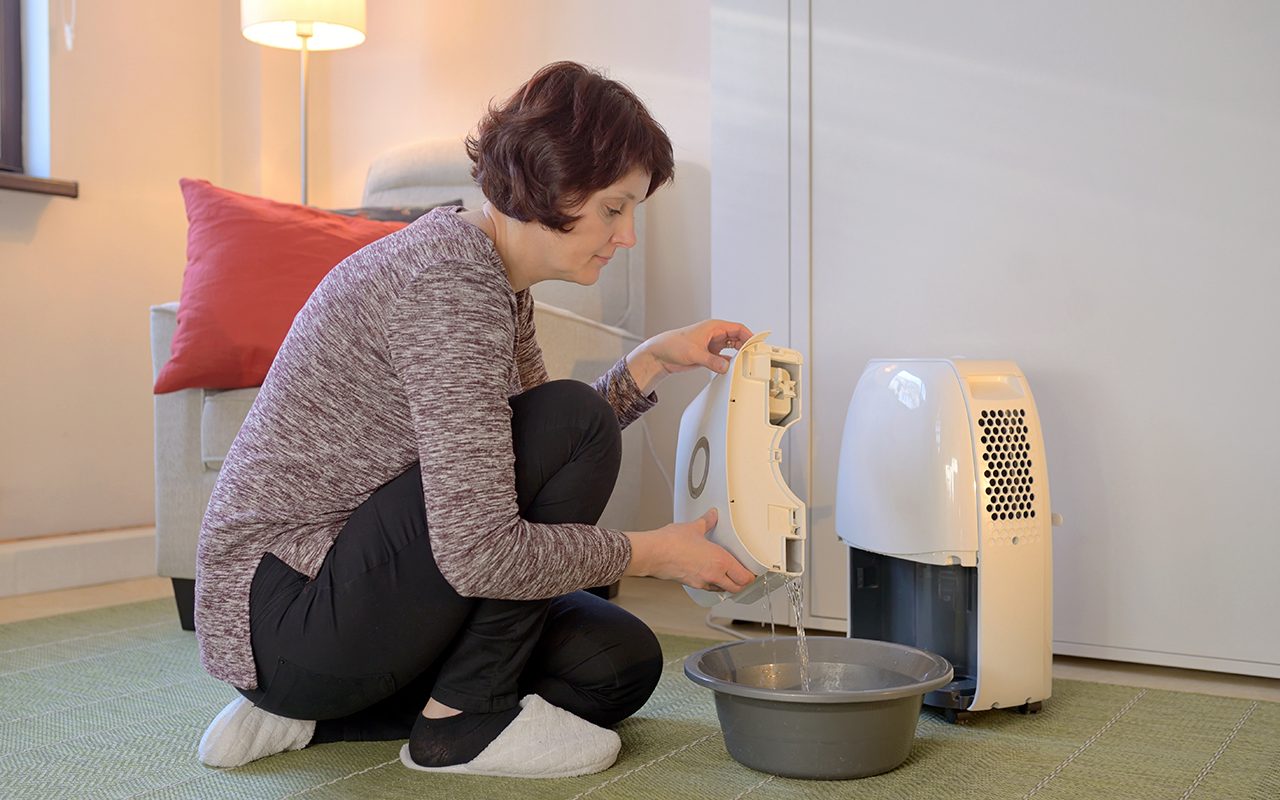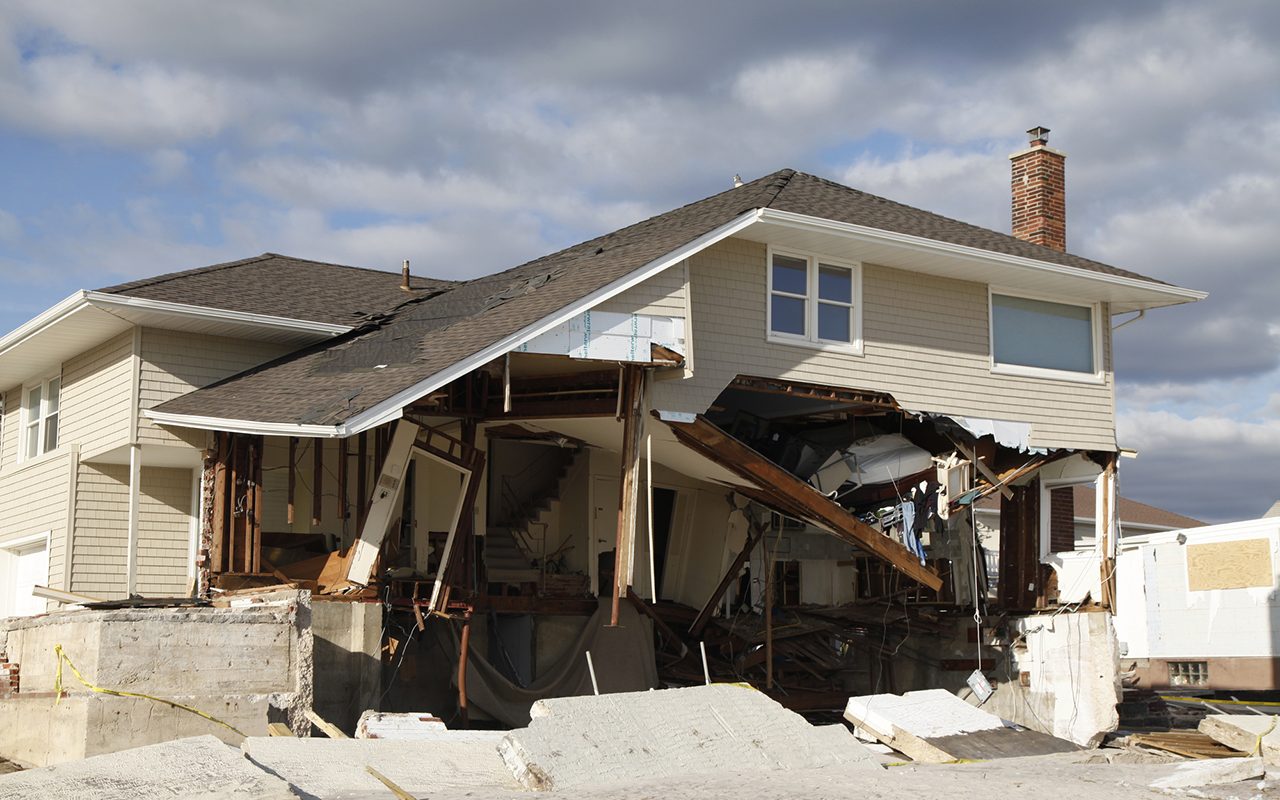Your home is probably the single biggest purchase you’ll ever make. As a homeowner, it’s essential that you take steps to keep your home in good condition so it maintains its value. Excessive humidity is something to be aware of to protect your health and your home. Not only can humidity and moisture damage your home’s structure and your personal possessions, it can also create the ideal conditions for toxic mold which is harmful to you and your family’s health. Following these simple tips will help reduce humidity in the home so you can avoid these unwanted problems and discomfort.
1. Monitor Your Home’s Humidity Levels
If you suspect your home has high humidity, the first thing you should do is invest in a good quality humidistat. This way, you can constantly monitor the level of indoor moisture and take steps to reduce humidity in the home.
Ideally, your home’s indoor moisture content would remain around 45 percent or less, but this can sometimes be tough to achieve. Anything between 40 and 60 percent is usually okay, but you should take action if the humidity level rises above 70 percent since this creates ideal conditions for dust mites, mold, and mildew.
2. Make Sure to Keep Your Home Well Ventilated
One of the simplest ways to reduce humidity in the home is to keep it well ventilated. Just leaving a window cracked for a little while when it’s cool outside can be an effective way of creating a draft that allows and allowing trapped moisture to escape outside. Fans can also be a huge help by ensuring that warm, stale air gets properly circulated and speeding up the evaporation of moisture from the air.
3. Use Your Air Conditioner to Keep Your Home Dry on Humid Days
As with fans, air conditioners are also an effective way of drying out the air inside your home. On humid days, opening up your windows lets more moisture inside. This is a time when you should keep your house closed tight with the AC on. Although this will obviously increase your energy bills, the added cost will still be lower than what you’ll end up paying for mold removal or to repair moisture damage. If you need to install one, you can then call in experts from sites like https://liebermech.com/ or https://affordableairsolutions.net/ to do what’s needed.
4. Make Sure Your Air Conditioner and Furnace Filters Are Clean
It is a good idea to regularly check the filters in your home’s air conditioner to make sure they aren’t dirty or clogged. Clogged filters can reduce the amount of air flow in your HVAC system, which means your furnace or air conditioner won’t be able to help dry out your air nearly as effectively. Clean or replace your air filters regularly according to the manufacturer’s recommendation. Visit sites like https://thewirenut.com/services/furnace-installation/ for additional guidance or hire experts like Performance Air Conditioning of Texas.
5. Hang Your Clothes Outside to Dry
Hanging your clothes inside to dry is a bad idea if you already have problems with humidity. As the clothes dry, the moisture that evaporates from them becomes trapped inside your house and will worsen the problems. Consider hanging your clothes outside to dry whenever possible. Using your home’s clothes dryer, and other appliances that create heat and moisture also tends to increase humidity in the home.
6. Take Shorter, Colder Showers to Reduce Humidity in the Home
Excessive humidity is especially common in bathrooms, which is why so many people choose to install ventilation fans. Simply running the fan during and after your shower will help reduce humidity in the home. However, you can take things even further by taking shorter or colder showers. The less steam created as a result of your shower, the less humidity you’ll have to worry about.
7. Take Advantage of Your Kitchen’s Exhaust Fan
The kitchen is another room that’s often susceptible to higher levels of humidity. Cooking is usually the main culprit in this regard, which is why it’s important to use your hood or exhaust fan every time you have something in the oven or on the stovetop. Keeping your pots and pans covered also helps limit the amount of moisture that evaporates into the air as you cook.
8. If All Else Fails, Consider Using a Dehumidifier
Depending on how bad your humidity problems are, the above methods may be more than enough to eliminate any major moisture issues. However, if you’re still noticing high humidity levels even after following all these tips, it’s probably time to consider using a dehumidifier in any rooms that continue to have problems.
At the end of the day, there are a number of different things that will help you reduce humidity in the home. Still, the most important thing is that you begin to do something. After all, not taking care of your humidity problems now likely means you’ll have even bigger problems to deal with in the future.

